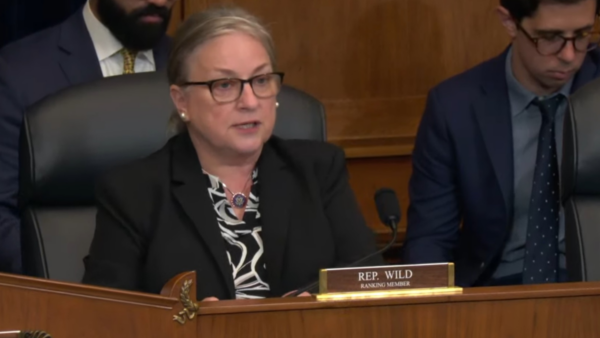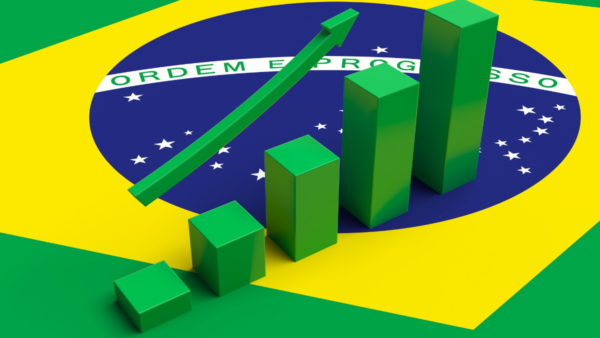Based on a technicality, a Supreme Court justice in Brazil decided to quash all criminal convictions against former President Luiz Inácio Lula da Silva, sending his cases back to square one. In practice, this means Lula will regain his political rights, three years after having them stripped and being kept out of the 2018 election, despite leading the polls.
The ruling is yet another strategic move from a court which has become known for its highly political decisions. With 19 months to go until the 2022 election, the prospect of a Lula v. Jair Bolsonaro face-off is set to shake Brazil to its core.
Lula was first convicted in mid-2017 by former Federal Judge Sérgio Moro, receiving nine and a half years in prison for corruption and money laundering. He was found guilty of accepting a beachfront triplex apartment as a kickback from a construction firm, though legal scholars disagree on whether prosecutors had enough evidence to corroborate their accusations. In January 2018, an appellate court upheld the guilty verdict and extended his sentence to nearly 13 years. Lula served 580 days behind bars until a Supreme Court ruling allowed his release to await appeal.
According to Lula’s defense counsel, Monday’s ruling is a testament to his innocence, but that is not accurate. Justice Edson Fachin ruled to quash the former president’s convictions after understanding that the cases were not held in the proper trial venue. The decision says nothing about the evidence in the case nor does it make a judgment on the verdict’s merits.

Under Brazilian law, cases are randomly assigned to prevent defendants from picking who will trial them or judges targeting specific cases. That random process can be bypassed when cases are inextricably linked, and prosecutors argued that the corruption...


 Search
Search











































